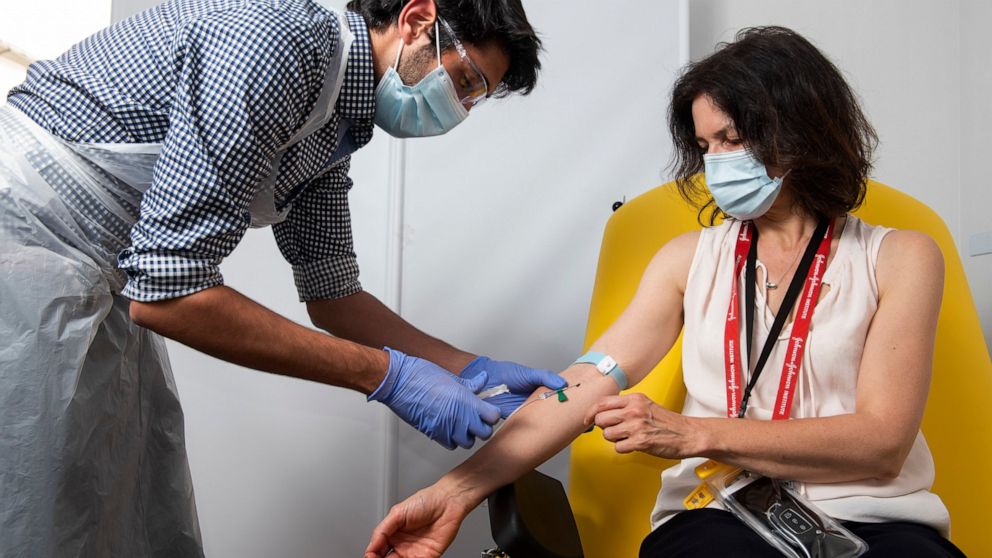COVID-19: Hope rises as UK vaccine prompts immune response in early test

Scientists at Oxford University say their experimental coronavirus vaccine has been shown in an early trial to prompt a protective immune response in hundreds of people who got the shot. British researchers first began testing the vaccine in April in about 1000 people, half of whom got the experimental vaccine. Such early trials are usually designed only to evaluate safety, but in this case experts were also looking to see what kind of immune response was provoked.
In research published Monday in the journal Lancet, scientists said that they found their experimental COVID-19 vaccine produced a dual immune response in people aged 18 to 55.
“We are seeing good immune response in almost everybody,” said Dr Adrian Hill, director of the Jenner Institute at Oxford University. “What this vaccine does particularly well is trigger both arms of the immune system,” he said.
Dr Hill said that neutralising antibodies are produced – molecules which are key to blocking infection. In addition, the vaccine also causes a reaction in the body’s T-cells which help to fight off the coronavirus. He said that larger trials evaluating the vaccine’s effectiveness, involving about 10,000 people in the UK as well as participants in South Africa and Brazil are still underway. Another big trial is slated to start in the US soon, aiming to enrol about 30,000 people.
Dr Hill said the Oxford’s vaccine is designed to reduce disease and transmission. It uses a harmless virus – a chimpanzee cold virus, engineered so it can’t spread – to carry the coronavirus’ spike protein into the body, which should trigger an immune system response.
Dr Hill said Oxford has partnered with drugmaker AstraZeneca to produce their vaccine globally, and that the company has already committed to making 2 billion doses. “Even 2 billion doses may not be enough,” he said, underlining the importance of having multiple shots to combat the coronavirus. “There was a hope that if we had a vaccine quickly enough, we could put out the pandemic,” Dr Hill said, noting the continuing surge of infections globally. “I think it’s going to be very difficult to control this pandemic without a vaccine.”
Numerous countries including Germany, France, the Netherlands, Italy, US and the UK have all signed deals to receive hundreds of millions of doses of the vaccine – which has not yet been licensed.
9NEWS

